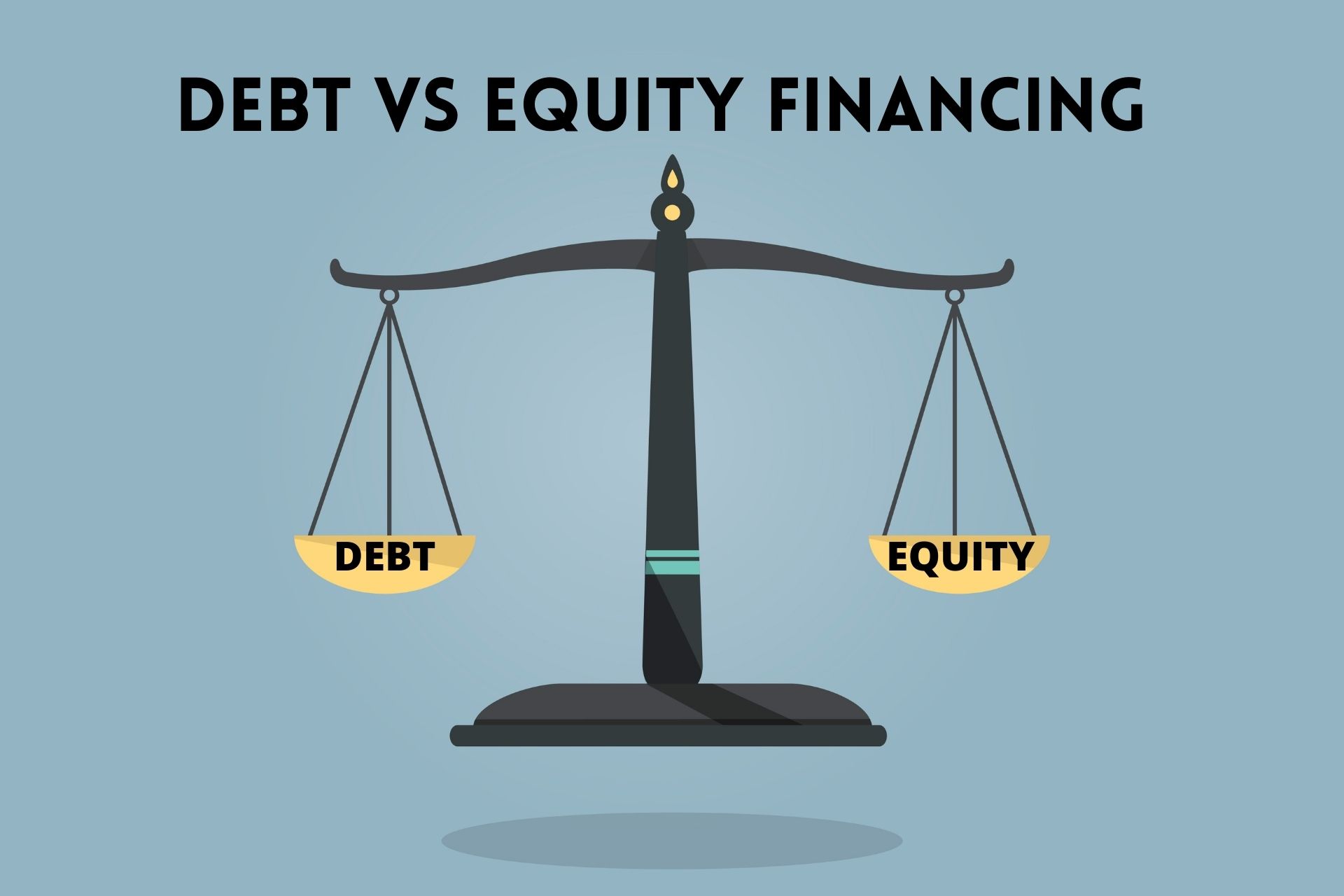Home>Finance>Combating The Financing Of Terrorism (CFT) Definition


Finance
Combating The Financing Of Terrorism (CFT) Definition
Published: October 29, 2023
Learn about the definition of Combating the Financing of Terrorism (CFT), a crucial aspect of finance. Gain insights into strategies used to prevent funds from supporting terrorism.
(Many of the links in this article redirect to a specific reviewed product. Your purchase of these products through affiliate links helps to generate commission for LiveWell, at no extra cost. Learn more)
Understanding Combating the Financing of Terrorism (CFT) Definition: A Vital Component of Financial Security
Finance plays a crucial role in our daily lives, but it is not without risk. In today’s world, one of the most significant threats we face is terrorism. To combat this menace effectively, governments and financial institutions around the globe have implemented strategies to detect and prevent funding for terrorist acts. This systematic approach is known as Combating the Financing of Terrorism (CFT).
Key Takeaways:
- CFT tackles the financial networks and mechanisms used by terrorists to fund their operations.
- It involves measures to identify, track, and disrupt terrorist financing activities.
So, what exactly does CFT entail? It encompasses a series of comprehensive actions aimed at identifying, tracking, and preventing the financial networks and mechanisms that terrorists rely on to fund their operations. By disrupting their access to funding, CFT measures play a critical role in impeding their ability to carry out attacks.
In practice, CFT targets various stages of the terrorist financing cycle, which typically comprise the provision of financial resources, the movement of funds, and their eventual utilization. To combat each of these stages, multiple tools and techniques are employed, ranging from strict regulations, international cooperation, financial intelligence gathering, and enhanced supervision.
CFT can be summarized into the following key strategies:
- Identification: Identifying and assessing the risks and vulnerabilities of the financial sector in relation to terrorist financing.
- Prevention: Implementing stringent regulations that require financial entities to establish robust customer due diligence processes, conduct risk assessments, monitor transactions, and report suspicious activities.
- Investigation: Conducting thorough investigations to trace and track the financial systems used by terrorists and their associates.
- Prosecution and Sanctions: Enforcing legal frameworks that allow the prosecution and sanctioning of individuals involved in terrorist financing, along with the freezing and seizure of their assets.
- International Cooperation: Enhancing collaboration at the national, regional, and international levels to share intelligence, exchange information, and build collective capacity to combat terrorist financing.
Combating the Financing of Terrorism is not just the responsibility of governments and financial institutions; it requires the participation and awareness of every individual. By staying vigilant and reporting any suspicious financial activities, we can all contribute to a safer and more secure world.
In conclusion, CFT serves as a vital component of financial security, ensuring that funds are not misused to fuel terrorism. Whether through strict regulations, intelligence gathering, or international cooperation, combating the financing of terrorism remains an ongoing battle, one that we must continue to fight vigilantly.
Remember, together we can make a difference.














